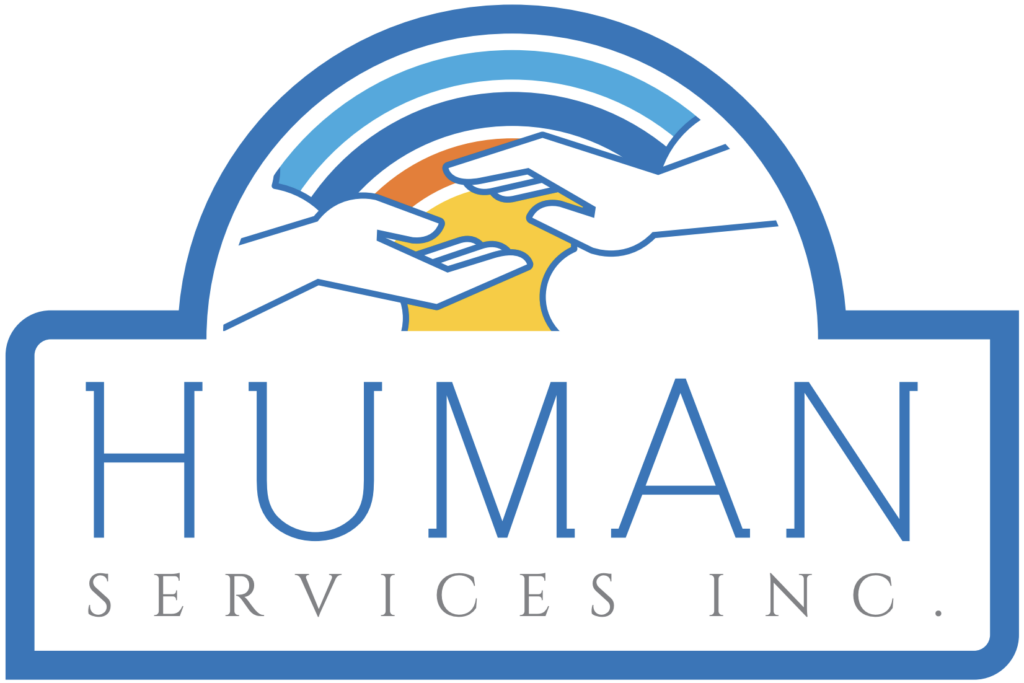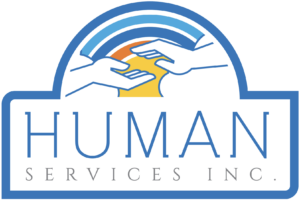A. Position Location/Pertinent Information:
Location: 50 James Buchanan Drive, Thorndale, PA
Employment/FLSA Status: Exempt/Permanent Full-time
This position is based in the Thorndale Office. This position provides mental health case management services to those individuals that have been identified as meeting the eligibility criteria for Blended Case Management and have requested those services. Services are provided in the office and on an outreach basis and are to be delivered utilizing the Recovery Principles and follow all State, County and Agency regulations. Services are billable the State, Community Care Behavioral Health or Chester County MHIDD. BCM services are provided on a 24 hour basis, therefore the BCM should expect to work a variable schedule.
All employees will adhere to Recovery Principles as employees of Human Services, Inc. (See attached document). Staff
will participate in annual Recovery training and will utilize Recovery tools in the provision of services such as Personal
Medicine, Power Statements, Common Ground, community integration and natural supports.
Employees are required to pass FBI/Criminal/Child/Driver license background checks. Employee must maintain a valid
drivers’ license and current automobile insurance. Employee cannot be on the Federal ineligibility list.
B. Duties and Responsibilities
- Development and periodic review of individualized Blended Case Management service plan for each person on the caseload.
- Review of referral packet: intake information, psychiatric, medical and psychosocial history and current strengths assessment.
- Determine need for additional information and initiate processes to obtain such information.
- Conduct consumer strengths and need assessment involving consumer and , when appropriate, family members. Assessment areas include (but are not limited to) health care, mental health care, daily living skills, relational and social supports, educational/vocational supports, psychiatric/medical areas, and income and housing.
- Review the above data with supervisor and other staff (psychiatrist, involved therapists, and other provider agencies, health care personnel) to develop individualized service plan; discuss and develop strategies for implementation, maintenance and monitoring of plan.
- Responsible to be on the on-call rotation to provide services during hours the office is closed. on-call responsibilities include managing phone contacts with or concerning the consumer and, when indicated, providing outreach services to appropriate settings to manage emergent and crisis situations.
- Facilitate BCM Service Plan:
- Addressing person’s need as specified in the service plan.
- Function as advocate of person’s access to appropriate services.
- Assist person supported in developing and maintaining appropriate Recovery supports in the community (and family) that will assist in meeting the person’s Recovery goals.
- Provide problem solving and support to the person supported and consultation with other involved people on behalf of and including the consumer
- Provide initiative in networking and communicating with various service providers and care givers involved with the person supported.
- Provide outreach services to person supported and others involved. This may include home and community visits, hospital/residential visits, and outreach to other appropriate settings in which the consumer may be involved.
- Provide assistance in joint intervention with other agencies involved with the person supported.
- Provide transportation assistance (when other resources are not available), when appropriate and safe, in order to achieve the goals of the service plan. There must be a goal of independent transportation if the person supported requires transportation assistance.
- Assist and manage crisis situations
- Prepare to work a flexible schedule to meet the services needs of the person supported.
- On-call responsibilities:
- All BCM staff will share in the on call responsibility for the agency within 1 month of employment. BCM staff will cover at least 6 on call shifts per month.
- On-call staff must be ready and able to return calls from the MH On-Call Answering Service within 15 minutes of receiving the call (i.e.: staff is on the road; in an ER, police station etc.) and an estimated time to return calls. The answering service then can make a decision on when to call the back-up supervisor.
- On-call staff must be ready and able to provide telephone and face-to-face interventions when necessary and on a timely basis.
- BCM regulations require that a case manager is “on-site” whenever there is a (302) involuntary commitment in progress or imminent. (Refer to 201/302 Policy)
- All documentation must be done by the end of the on-call shift. There is a BCM On-Call Service form for documenting services provided during the on-call periods. The On-call staff starting a shift should check the visit list to see what activity occurred during the previous shift
C. Documentation and Supervision
- Provide and maintain documentation of all service contacts with, or on behalf of the person supported according to regulations. Maintain chart documentation to meet all Agency, State, County and MCO regulations and requirements.
- Document service delivery in Credible within 48 hours of the service contacts.
- Attend all meetings concerning the BCM Program including supervision (group and individual) case reviews, treatment team meetings, trainings and interagency meetings.
- Supervision notes are regularly reviewed by the Program Supervisor in Credible
D. General Standards/Productivity
- 100 direct billable service units are required each week. 75% direct billable service represents 5 hours of billable time per day.
- Prepare to work flexible hours to meet productivity standards and the needs of the people supported.
- Develop an ongoing back up plan to increase contact with person supported when faced with cancellations or a person does not show up for an appointment.
- Enter work schedule in Credible each week planning for cancellations and no shows.
- For people supported by BCM (level 1), phone or face-to-face contact with the person at least every two weeks; Level 2. Contact every month)..
- The position requires 50% of time be spent in outreach activity.
- Complete service/goal plans every six months, authorizations every six months, releases of information annually and as needed, encounter signature forms once a month, outcome forms every three months, outpatient medication-only service plans every four months and other required paperwork as needed.
- Meet all Agency, State, County and MCO regulations and requirements.
E. Training / Staff Development
- Participate in required Agency, State, County trainings and all other training related to job responsibilities. Mandatory trainings include a 3 day State training, HIPAA, Recovery/Resiliency, Cultural Competence, Fraud/Abuse, Complaint Management and Incident Management.
- Perform other related job assignments as directed.
At-Will Employment
Your employment is at will. This means that you or Human Services, Inc. may terminate your employment at any time,
for any reason, with or without notice. Nothing in this job description or in any oral or written statement shall limit the
right to terminate employment at will.
Supervision/Work Assignments/Performance Evaluations:
- Supervision is provided by the BCM Supervisor and Director of Clinical Services. Staff must have 3 hours of supervision per week. This is provided by group and individual supervision.
- Work assignments are given verbally and in writing by the BCM Supervisor.
- An annual performance evaluation is conducted by the BCM Supervisor and reviewed by the Director of Clinical Services and the Human Resources Department.
Recovery Principles
Human Services, Inc supports the vision of recovery for all those who experience mental illness. All staff of Human Services will utilize the Recovery principles to guide their interactions with clients and their families in the provision of services. In partnering with clients, all staff will support and facilitate the use of Recovery tools that have proven effective in achieving the goal of recovery.
HOPE: a focus on wellness, health and hope.
CHOICE: recognition of the client’s choice in all aspects of service delivery.
INDIVIDUALITY: being responsive to the particular individual’s needs and wishes.
PEER SUPPORT: the inclusion of peers and community supports in the planning of services.
PERSONAL RESPONSIBILITY: recognition of the inter-dependence between clients, providers and community supports as experts in their respective arenas.
COMMUNITY FOCUS and INTEGRATION: recognition and integration of an individual’s need for housing, employment, education and leisure activities from the outset of treatment planning.
RECOVERY PROCESS: service planning that reflects the view that recovery is individualistic and differently paced for different people.

